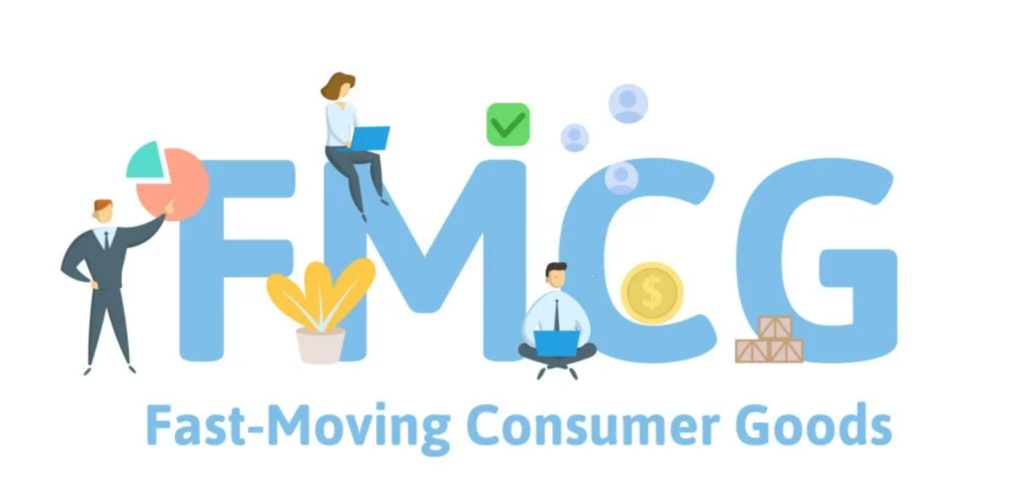
Product Lifecycle Management (PLM) solutions have traditionally been linked with the fashion industry, known for streamlining design, production, and distribution processes. However, the advantages of PLM systems extend far beyond fashion. Industries such as automotive, aerospace, fast-moving consumer goods (FMCG), and cosmetics are leveraging PLM software to enhance efficiency, drive innovation, and foster collaboration. This article delves into how PLM systems are revolutionizing these diverse sectors.
Automotive Industry
In the automotive industry, PLM solutions are indispensable for managing the lifecycle of vehicles from conception to disposal. Modern vehicles are incredibly complex, incorporating advanced electronics, sophisticated software, and intricate mechanical systems. PLM systems help automotive manufacturers integrate and manage these components efficiently. They facilitate seamless collaboration among engineering teams, suppliers, and production units, ensuring all parts of the vehicle meet stringent product requirements and quality standards.

One of the critical benefits of PLM solutions in the automotive sector is the ability to reduce development costs and time-to-market. By centralizing data and streamlining processes, PLM systems help eliminate redundancies and minimize errors, leading to cost savings. Furthermore, these systems enhance product quality by enabling comprehensive quality control throughout the vehicle’s development cycle. From initial design to final production, every detail is meticulously tracked and managed, ensuring the end product meets the highest standards of safety and performance.
Aerospace Industry
The aerospace industry, characterized by its demand for high precision and rigorous regulatory compliance, significantly benefits from PLM solutions. Aerospace companies deal with intricate details of aircraft design, production, and maintenance, where every component must meet exacting standards. PLM systems enable real-time collaboration among engineers, suppliers, and regulatory bodies, ensuring seamless integration and compliance.

Managing extensive documentation and compliance records is another critical aspect where PLM solutions prove invaluable. The aerospace industry is heavily regulated, and maintaining up-to-date records is crucial. PLM systems streamline this process by centralizing documentation and automating compliance workflows. This not only ensures regulatory adherence but also enhances efficiency and reduces administrative burdens.
Moreover, PLM solutions support innovation in the aerospace sector. By providing a unified platform for design and engineering, these systems facilitate the development of cutting-edge technologies and materials. Engineers can experiment with new ideas, conduct simulations, and iterate designs more rapidly, leading to faster and more efficient innovation cycles. Ultimately, this results in more advanced and reliable aircraft, contributing to the industry’s overall growth and development.
Fast-Moving Consumer Goods (FMCG)
In the fast-paced world of fast-moving consumer goods, speed and agility are paramount. PLM solutions help FMCG companies streamline their product development processes, from initial concept to market launch. These systems provide a centralized repository for product data, improving collaboration among cross-functional teams and enabling faster responses to market trends.

One of the significant advantages of PLM solutions in the FMCG sector is the ability to manage product portfolios effectively. With numerous products and frequent launches, FMCG companies need a robust system to handle product data, versions, and variations. PLM systems offer this capability, ensuring that all stakeholders have access to accurate and up-to-date information. This leads to better decision-making, reduced time-to-market, and enhanced product quality.
Additionally, PLM solutions facilitate regulatory compliance in the FMCG industry. With strict regulations governing product safety, labeling, and marketing, maintaining compliance is essential. PLM systems streamline compliance processes by automating documentation and tracking regulatory requirements. This not only reduces the risk of non-compliance but also frees up resources for more strategic activities.
Furthermore, PLM solutions drive innovation in the FMCG sector. By providing tools for idea management, product design, and project management, these systems enable companies to bring new and innovative products to market quickly. Teams can collaborate more effectively, share insights, and iterate designs, leading to more successful product launches and greater consumer satisfaction.
Cosmetics Industry
The cosmetics industry is known for its constant innovation and stringent regulatory requirements. Cosmetic PLM solutions aid cosmetics companies in managing the entire lifecycle of cosmetic products, from formulation and packaging to marketing and distribution. These systems help track ingredient sourcing, ensuring compliance with regulations and managing product portfolios effectively.

One of the critical benefits of PLM solutions in the cosmetics industry is enhanced collaboration among R&D, marketing, and supply chain teams. By providing a unified platform for these teams to work together, PLM systems facilitate faster and more efficient product development. Teams can share data, insights, and feedback in real-time, leading to better decision-making and quicker turnaround times.
Quality control is another area where PLM solutions excel in the cosmetics industry. With numerous ingredients, formulations, and production processes to manage, maintaining product quality is challenging. PLM systems provide tools for tracking and managing quality control processes, ensuring that every product meets high standards. This not only enhances product quality but also reduces costs associated with rework and recalls.
Additionally, PLM solutions support regulatory compliance in the cosmetics industry. With stringent regulations governing ingredients, labeling, and marketing claims, maintaining compliance is crucial. PLM systems streamline compliance processes by centralizing documentation, automating workflows, and tracking regulatory requirements. This reduces the risk of non-compliance and ensures that products are safe and compliant with regulations.
Conclusion
PLM solutions are powerful tools that extend far beyond the fashion industry. Their applications in automotive, aerospace, fast-moving consumer goods, and cosmetics industries demonstrate their versatility and effectiveness in managing complex product lifecycles. By leveraging PLM solutions, companies in these sectors can improve efficiency, foster innovation, and maintain a competitive edge in the market.
As technology continues to evolve, the role of PLM systems in various industries is likely to expand, further highlighting their importance in modern project management and product development. By understanding and utilizing PLM solutions, industries can ensure their processes are as efficient and innovative as possible, ultimately driving success and growth. Whether in automotive, aerospace, FMCG, or cosmetics, the strategic implementation of PLM solutions can lead to significant improvements in product lifecycle management, regulatory compliance, and overall business performance.





Leave a Reply